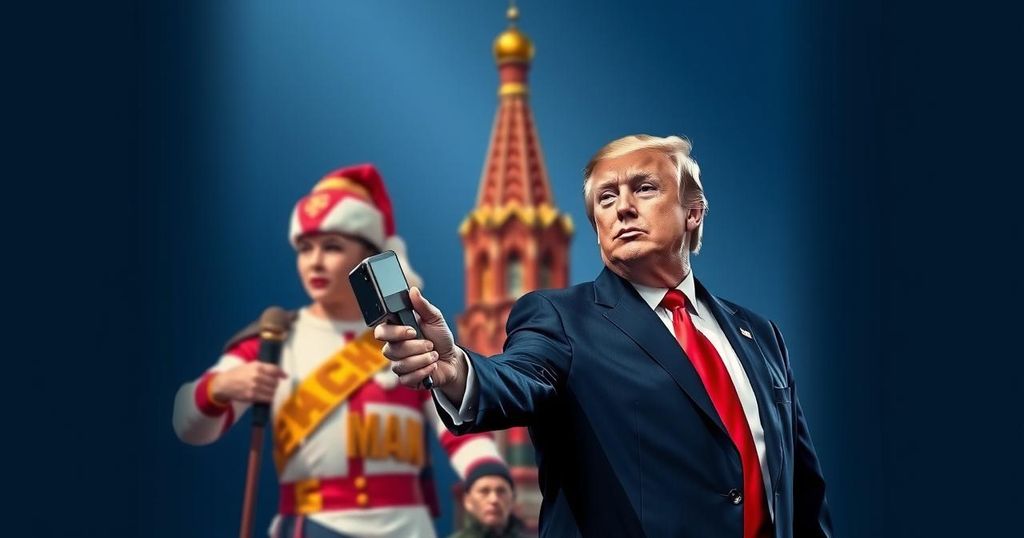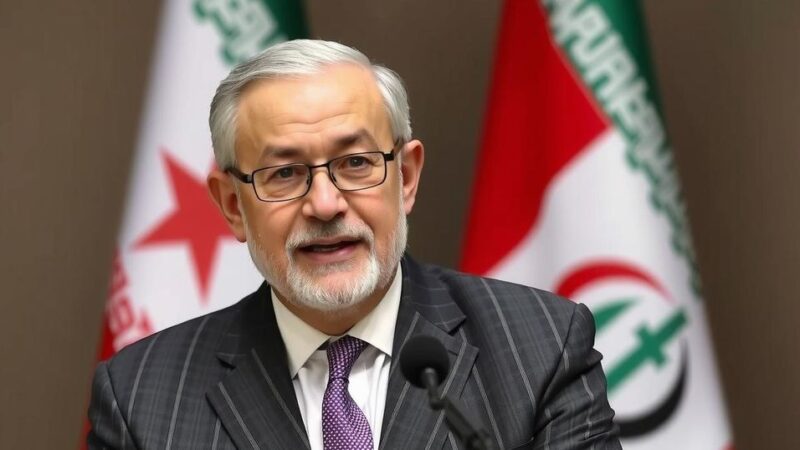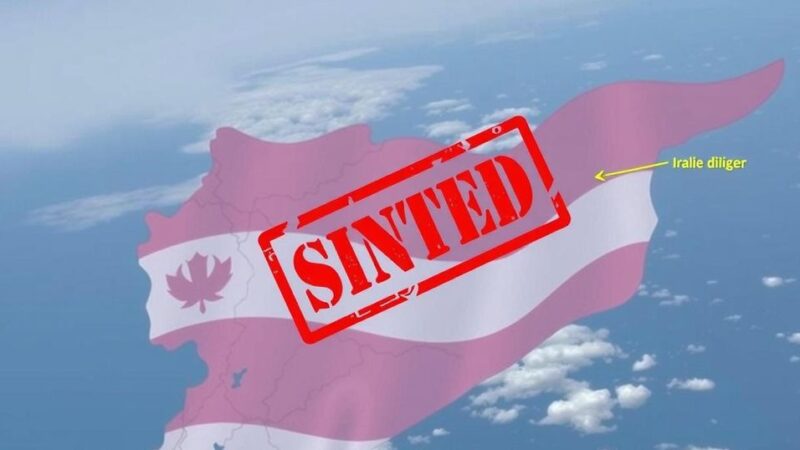The article highlights Moscow’s initial excitement over Donald Trump’s 2016 election victory, predicting improved US-Russian relations, which ultimately soured due to sanctions imposed by Trump. Currently, Russian officials are taking a cautious approach to the possibility of a second Trump term, recognizing the complexities surrounding US military aid to Ukraine and the implications for bilateral relations. Public sentiments in Russia reflect a mix of anti-American sentiment and a desire for friendship, set against the backdrop of a tumultuous geopolitical landscape.
In November 2016, Russian officials celebrated Donald Trump’s unexpected presidential victory, convinced that it would herald a thaw in US-Russian relations. Politician Vladimir Zhirinovsky famously marked the occasion with a lavish party, while state media figures expressed patriotic fervor. High hopes included expectations for the lifting of sanctions against Russia and potential recognition of Crimea. However, these anticipations quickly dissolved as Trump imposed stringent sanctions during his presidency, leading to widespread disappointment within Russian political circles. Fast forward to the present; Moscow exhibits a more cautious stance regarding the prospect of a second Trump term. President Vladimir Putin’s playful endorsement of a Democratic candidate, alongside remarks about Vice President Kamala Harris, indicates a strategic approach, focusing more on how Trump’s rhetoric aligns with Russian interests. Trump’s skepticism regarding US military aid to Ukraine and his reluctance to directly criticize Putin resonates positively in the Kremlin, contrasting sharply with Harris’s firm support for Ukraine. The Kremlin may additionally benefit from a closely contested election resulting in domestic chaos within the US, diverting focus from international issues, particularly the ongoing conflict in Ukraine, where US military assistance has been instrumental. Historically, US-Russian relations have deteriorated since President Obama, worsened under Trump, and further declined during President Biden’s administration, particularly following the full-scale invasion of Ukraine. The relationship, once marked by cooperation, has transformed into one characterized by hostility, complicating the geopolitical landscape. Despite a prevailing anti-American sentiment among some Russians, particularly those influenced by state media narratives, many citizens still yearn for peaceful relations with the US. Public opinions reflect a desire for friendship rather than enmity, highlighting a complex relationship between individual attitudes and official state messages. Moreover, some Russians express openness to a female leader in their own country, mirroring discussions surrounding gender in political leadership, though historically both nations have been led by men. As the US election approaches, various global perspectives will inevitably shape and reflect upon the outcomes and their implications for international relations.
The article discusses the evolving perceptions of Russia toward Donald Trump’s potential second term as US President. It contrasts the initial enthusiasm Russian officials had for Trump’s presidency in 2016 with the current, more cautious outlook. The background highlights significant events leading to the decline in US-Russian relations, including the imposition of sanctions and military support for Ukraine. The narrative also delves into how domestic sentiments in Russia are influenced by broader geopolitical developments and reflects the complexities of public opinion amidst state-controlled media narratives.
In conclusion, Moscow’s initial enthusiasm for Donald Trump has transformed into careful consideration of the implications of his re-election. While certain aspects of Trump’s foreign policy are appealing to the Kremlin, the broader context of deteriorating US-Russian relations and changing public sentiments about America illustrate the complexities of international diplomacy. Understanding these dynamics is essential for interpreting the potential outcomes of the upcoming US election and its global ramifications.
Original Source: www.bbc.com







